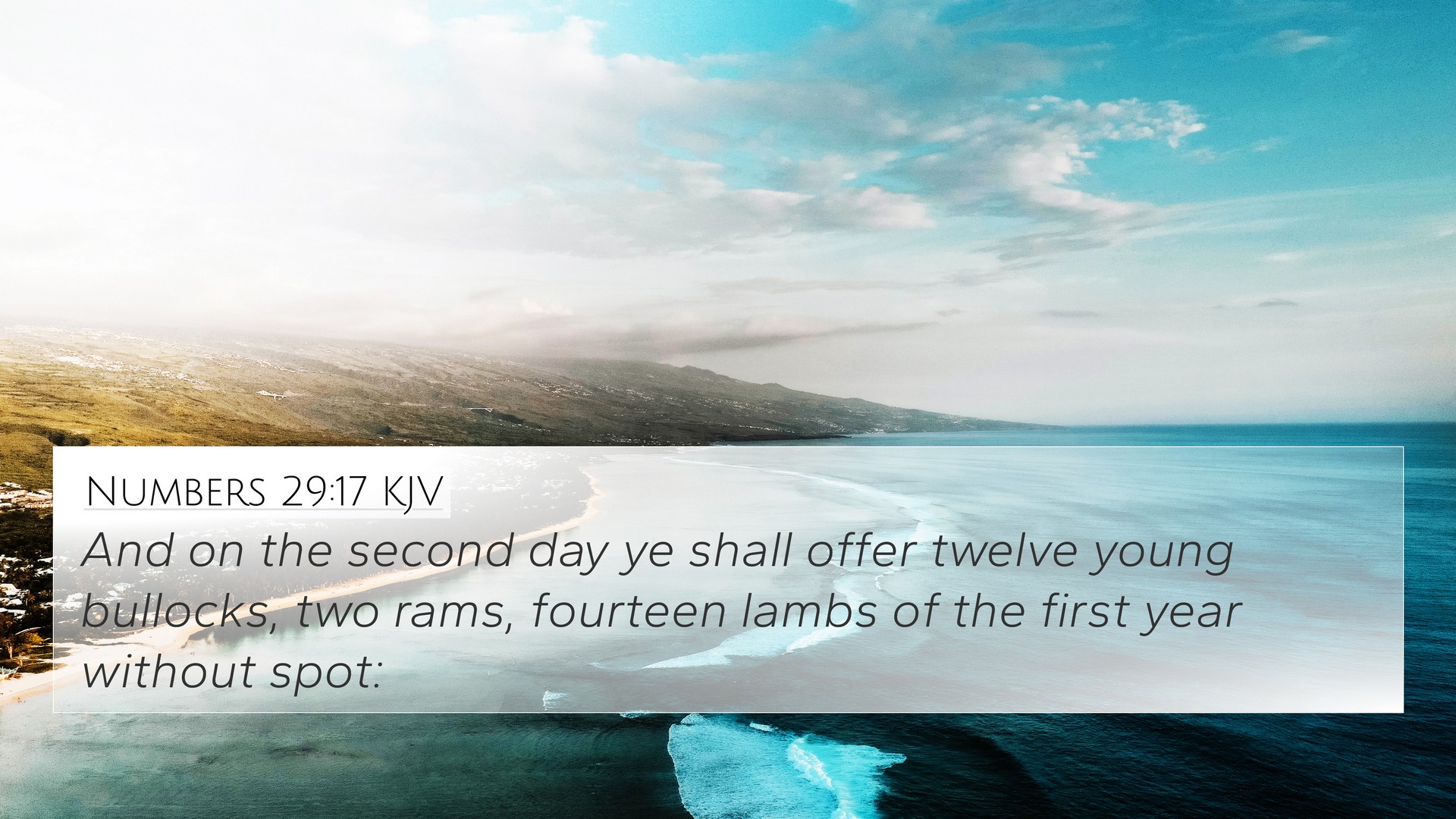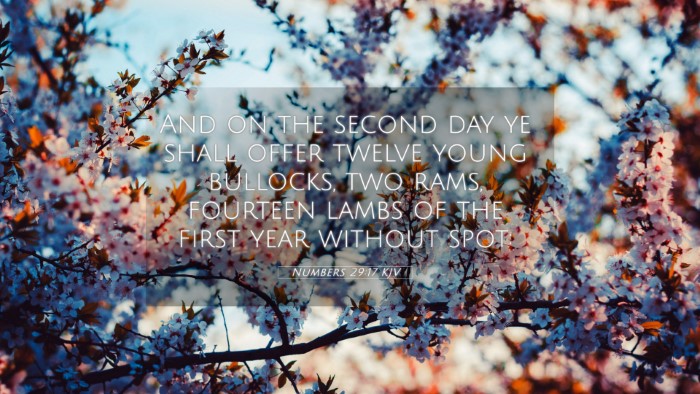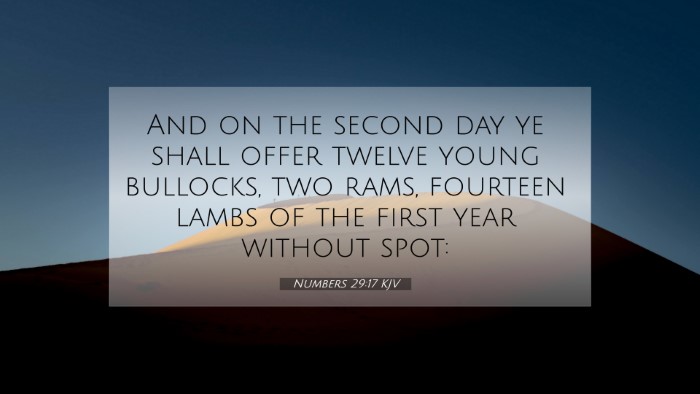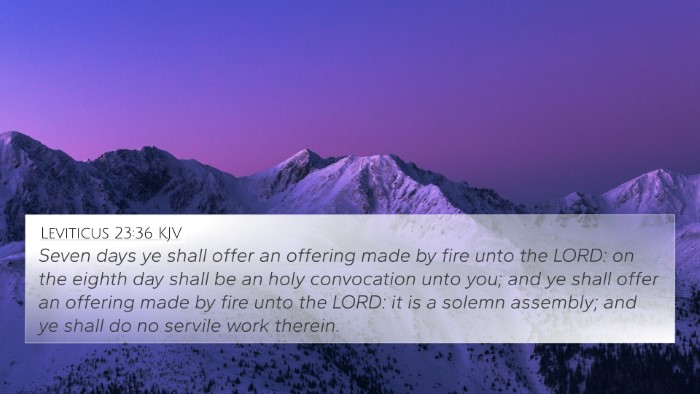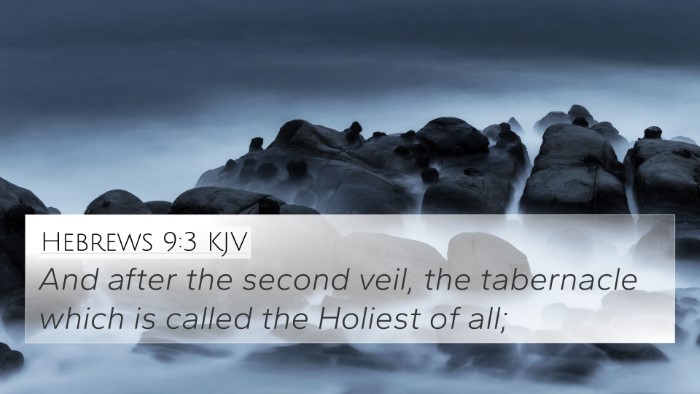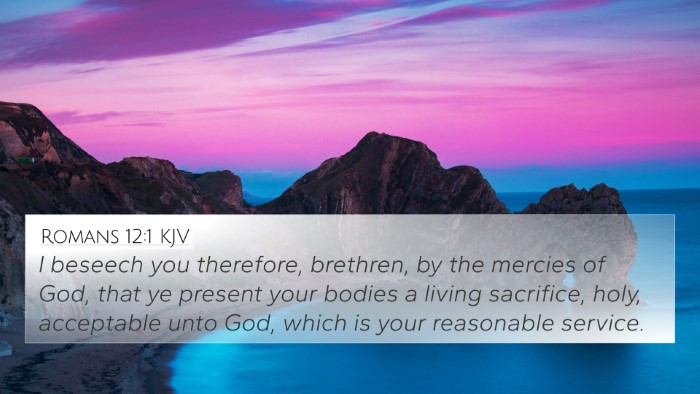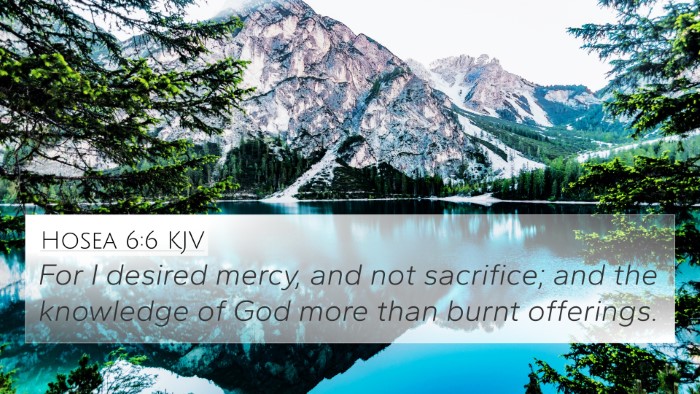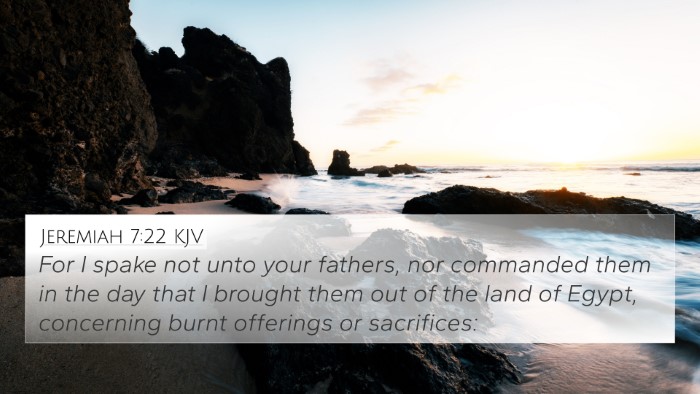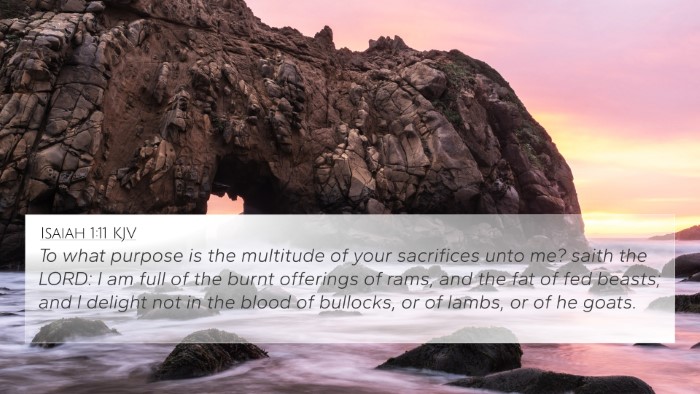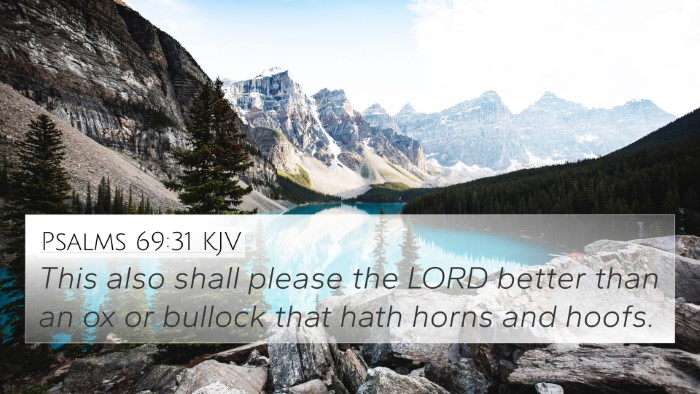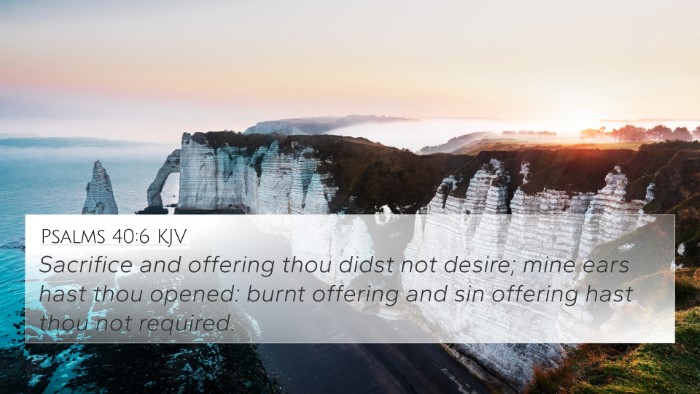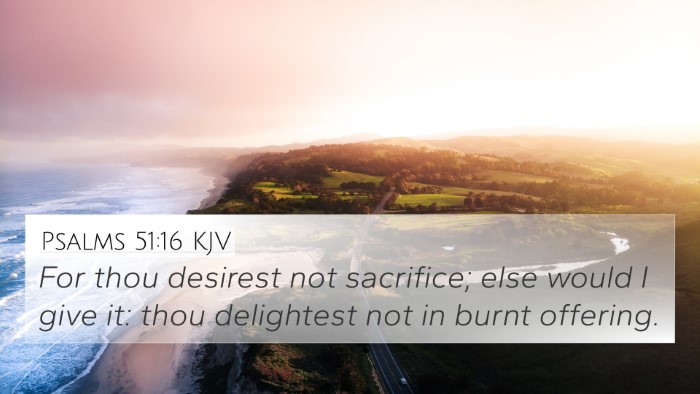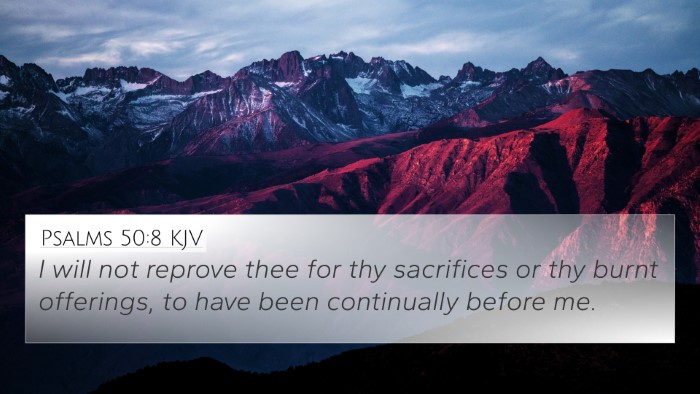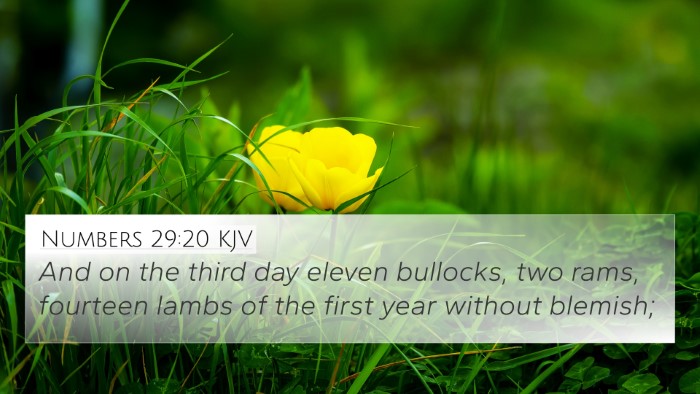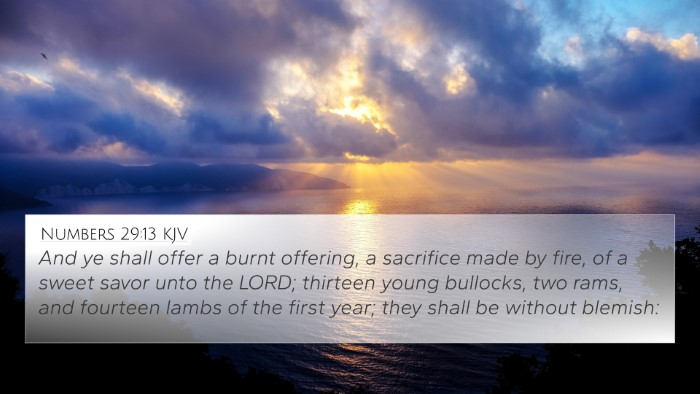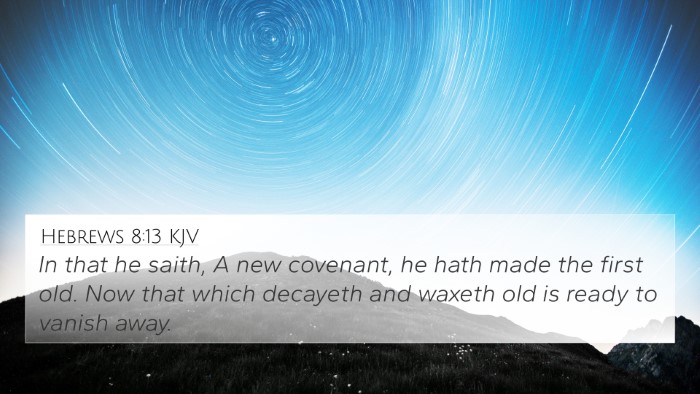Understanding Numbers 29:17
Numbers 29:17 describes the sacrificial offerings made during the Feast of Weeks, also known as the Feast of Harvest or Shavuot. This aspect of worship holds significant meaning within the context of the Mosaic Law and represents themes of thanksgiving, communal celebration, and divine provision. Below is a detailed exploration and synthesis of insights from various public domain commentaries regarding this verse.
Summary of Insights
This verse states:
"And on the second day you shall offer twelve young bulls, two rams, fourteen lambs in their first year, without blemish." (Numbers 29:17, NKJV)
-
Matthew Henry:
Henry emphasizes the importance of the Regularity of offerings as a demonstration of obedience to God's commandments. He notes that the number of bulls signifies strength in sacrifice, and the use of rams and lambs represents a complete offering of purity and peace.
-
Albert Barnes:
Barnes provides an analysis of the ritual aspect, suggesting that the abundance of sacrifices serves to enhance the communal experience, bringing people together in worship to acknowledge God's provisions. Each type of animal symbolizes different dimensions of prayer and gratitude toward God.
-
Adam Clarke:
Clarke sheds light on the historical context of the Feast of Weeks, linking it to the agricultural cycle. He argues that these offerings are not just rituals but tangible expressions of the society's dependence on God's blessings in sustaining their livelihoods.
Theological Significance
The verse encapsulates various theological themes:
-
Divine Worship:
Numbers 29:17 invites believers to reflect on the nature of worship as a holistic offering to God, where various elements signify different aspects of prayer and gratitude.
-
Communal Gathering:
The sacrificial offerings during this feast foster unity amongst the Israelites, serving as a reminder of their collective dependence on God.
-
Harvest Thanksgiving:
The connection to harvest highlights the significance of God's provision and the joyous response of the community for His generosity.
Cross-References
Numbers 29:17 has several cross-references that enhance its understanding:
- Exodus 34:22 - The Feast of Weeks aspect representing harvesting.
- Leviticus 23:15-21 - Detailed requirements for the Feast of Weeks and the types of offerings.
- Deuteronomy 16:10-12 - The call for rejoicing during the Feast and sharing with others.
- Psalm 67:5-7 - A prayer for the harvest and gratitude to God for His blessings.
- Hebrews 10:1 - The significance of sacrifice in the context of the New Covenant.
- John 4:35 - Jesus speaks of the fields being ripe for harvest, connecting spiritual readiness to physical harvest times.
- 2 Corinthians 9:6-11 - The principle of sowing and reaping applied to generosity and thanksgiving.
Connections Between Bible Verses
The thematic connections between Numbers 29:17 and other scriptures demonstrate a rich dialogue throughout the Bible:
-
Harvest and Provision:
Just as the offerings during the Feast of Weeks celebrate the agricultural harvest, John 6:35 where Jesus refers to Himself as the Bread of Life speaks to spiritual sustenance.
-
Sacrifice and Thankfulness:
Romans 12:1 encourages believers to present their bodies as living sacrifices, connecting the ancient practices of worship with the call for a life dedicated to God.
-
Joyful Worship:
Philippians 4:4 encourages believers to rejoice, paralleling the joy expressed during the Feast of Weeks in Numbers 29.
Tools for Bible Cross-Referencing
To fully grasp the intricacies of biblical texts and their connections, utilizing various cross-referencing tools can be beneficial. Here are some resources:
- Bible Concordances: Provide exhaustive lists of words and their locations in scripture.
- Bible Cross-Reference Guides: Offer structured references alongside themes and teachings.
- Bible Chain References: Connect verses through shared themes or messages.
- Comprehensive Bible Cross-Reference Materials: Libraries of references that allow for deeper studies into interconnected verses.
Conclusion
Numbers 29:17 is a profound verse that does not exist in isolation but is linked to numerous other scripture passages, revealing a complex inter-Biblical dialogue about sacrifice, worship, and God’s blessings. By exploring these connections, believers can gain broader insights into how Old Testament practices inform New Testament teachings and applications in contemporary faith.
In summary, studying Numbers 29:17 with its cross-references deepens our understanding of the Bible's rich tapestry, illustrating how different verses complement and illuminate one another.
